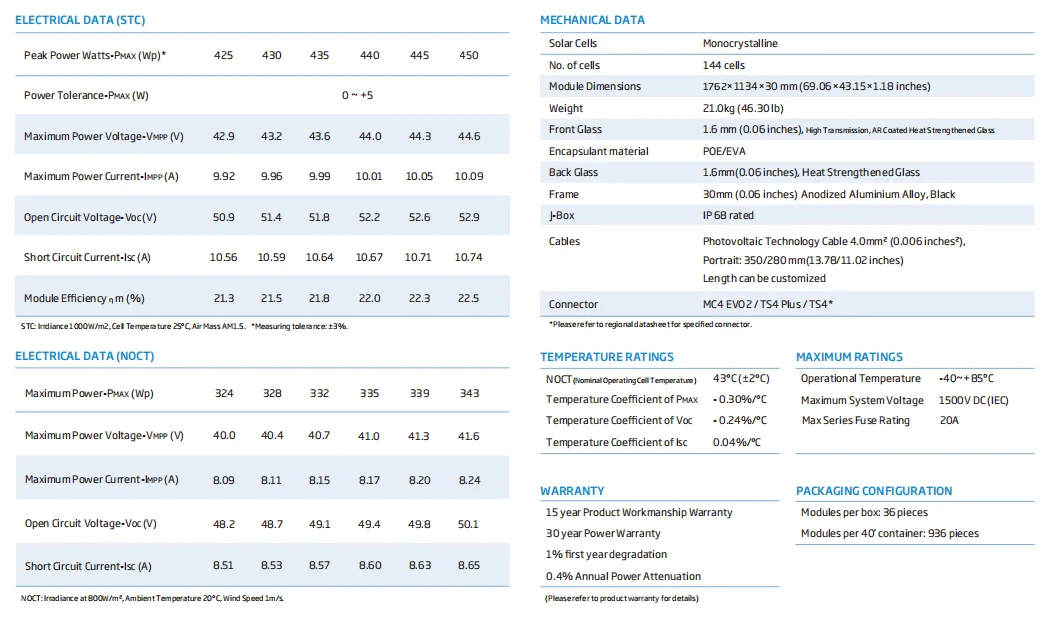Understanding the Costs of Residential Solar Panel Installation and Financing Options
Understanding Residential Solar Panel Costs
As the world shifts towards sustainable energy sources, the adoption of solar panels for residential use has become increasingly prevalent. Homeowners are recognizing the benefits of harnessing solar power, not just for environmental reasons, but also for the potential financial savings. However, before diving into the installation of solar panels, one must have a clear understanding of the associated costs and what factors influence them.
Initial Costs of Solar Panel Installation
The initial cost of installing solar panels can vary significantly based on several factors. On average, residential solar panel systems can range from $15,000 to $30,000 before any tax credits or incentives are applied. This estimate typically includes the price of the solar panels themselves, inverters, mounting hardware, and installation fees.
One of the primary influences on the cost is the size of the solar system. Larger systems that produce more electricity tend to have higher upfront costs, but they can also provide greater energy savings over time. Most residential systems range from 4 kW to 10 kW, depending on the household's energy consumption and available roof space.
Factors Affecting Solar Panel Costs
1. Type of Solar Panel There are generally three types of solar panels monocrystalline, polycrystalline, and thin-film. Monocrystalline panels are the most efficient but also the most expensive. Polycrystalline panels offer a more budget-friendly option, while thin-film panels are lightweight and flexible but typically less efficient. Choosing the right panel type can significantly influence the overall cost of the system.
2. Installation Complexity The complexity of the installation can also affect costs. Rooftops with unusual angles, multiple levels, or limited access may require more time and labor, leading to higher installation fees. Additionally, if structural modifications or roof repairs are necessary before installing the solar panels, this can further increase overall expenses.
residential solar panel cost

3. Location Geographic location plays a crucial role in solar panel costs. Areas with higher sunlight exposure can maximize energy production, making solar panels more cost-effective in the long run. However, installation prices can vary based on local labor rates, permitting fees, and utility regulations, all of which can contribute to the final price.
4. Government Incentives and Tax Credits One of the major benefits of going solar is the availability of incentives. As of 2023, federal tax credits can significantly reduce upfront costs. Homeowners can receive a credit for a percentage of the total installation cost, making solar energy more affordable. Many states and local governments also offer additional rebates and incentives.
Long-Term Financial Considerations
While the upfront costs of residential solar panels may seem daunting, it is important to consider the long-term financial benefits. Homeowners can expect to see a return on their investment through reduced electricity bills, which can be substantial over time. Depending on energy prices and production levels, many homeowners find that their solar systems pay for themselves within six to ten years.
Moreover, the resale value of a home equipped with solar panels can increase. A study by the National Renewable Energy Laboratory (NREL) found that homes with solar energy systems sell for more than those without, making solar installation not only a sustainable choice but also a financially sound one.
Wrapping Up
Investing in residential solar panels is an increasingly popular choice as technology advances and prices decline. Understanding solar panel costs involves factoring in the initial installation, the type of solar system, geographical location, and potential savings from incentives and reduced electricity bills. While the upfront cost may vary, the long-term benefits and savings make solar energy an attractive option for homeowners aiming to invest in a cleaner, more sustainable future. As each household's situation is unique, it is advisable to conduct thorough research and obtain multiple quotes from reputable solar providers to make an informed decision that best fits individual financial and energy needs.
-
Understanding the Advantages of Solar String Inverters for Your Energy SystemNewsApr.29,2025
-
Choosing the Right PV Inverter: A Comprehensive GuideNewsApr.29,2025
-
The Future of Solar Power: Exploring Bifacial Solar PanelsNewsApr.29,2025
-
The Complete Guide to Solar Panels: Efficiency, Cost, And InstallationNewsApr.29,2025
-
The Best Options for Efficiency and Cost-EffectivenessNewsApr.29,2025
-
Harnessing the Power of Off-Grid Solar Inverters for Energy IndependenceNewsApr.29,2025







